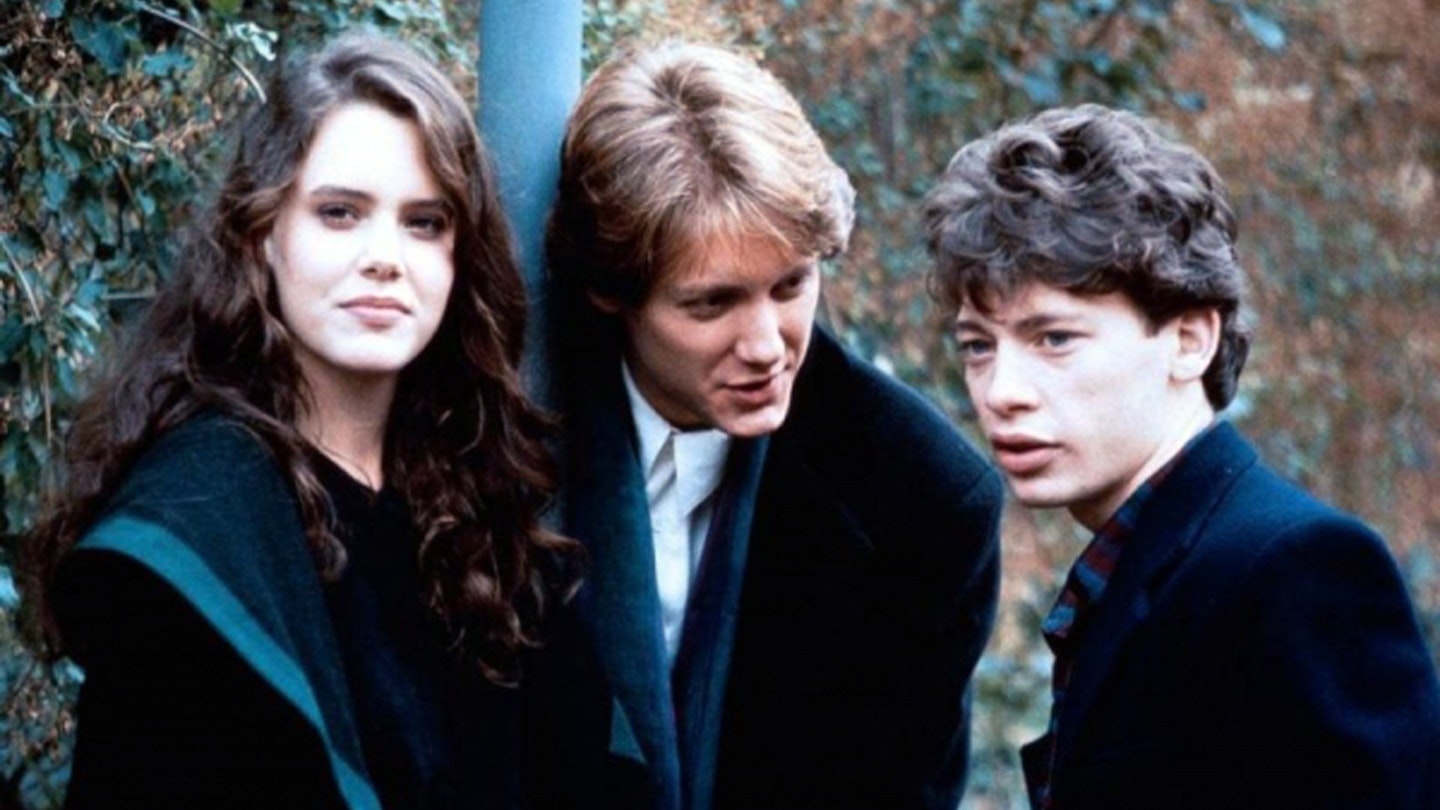The current fuss over how faithful this film is to Martin Amis 1973 book of the same name would suggest that this is the first time a movie has ever been made without the cooperation of the original author. This is, of course, nonsense, and the ensuing tiresome debate over whether or not Martin thinks its this or Martin thinks its that only serves to obscure the essential problem with this tale of a rather unpleasant young man and his summer romance with an equally unpleasant young lady namely, that it is a story of small substance and strictly limited dramatic possibilities.
Working from such limitations, director Damian Harris has done a decent enough job with the material at hand. Updating events to a thoroughly modern setting, complete with a ghastly contemporary soundtrack, the storys chief protagonist Charles stumbles around Sloanedom, playing with himself and his computer and lusting after the luscious Rachel. Their developing relationship, frowned upon by her family and boyfriend (Spader), is finally consummated, obviously much to Harris delight as he spends a good five minutes showing them going hell for leather in various positions, Fletcher furiously trying to remember his two times table so as to prolong the look of sheer bliss on the face of Ms. Skye. Heaven knows what her father, old folk hippie Donovan, would make of such goings-on.
Mildly engaging in its portrayal of Fletchers descent into manhood, the film succeeds in its laboured attempt at humour only when Jonathan Pryce appears as mad brother-in-law Norman, a man prone to drinking red wine out of a pint glass and soup out of a bowl without having to negotiate the spoon stage. Fletcher tries hard but still looks like a refugee from Grange Hill, Skye is pleasant to look at but wooden and Spader gives few clues that this is the same man voted Best Actor at Cannes. The best idea now would be to tart up the packaging and get The Rachel Papers out of the cinema and back into the bookshops and video stores where it belongs.
